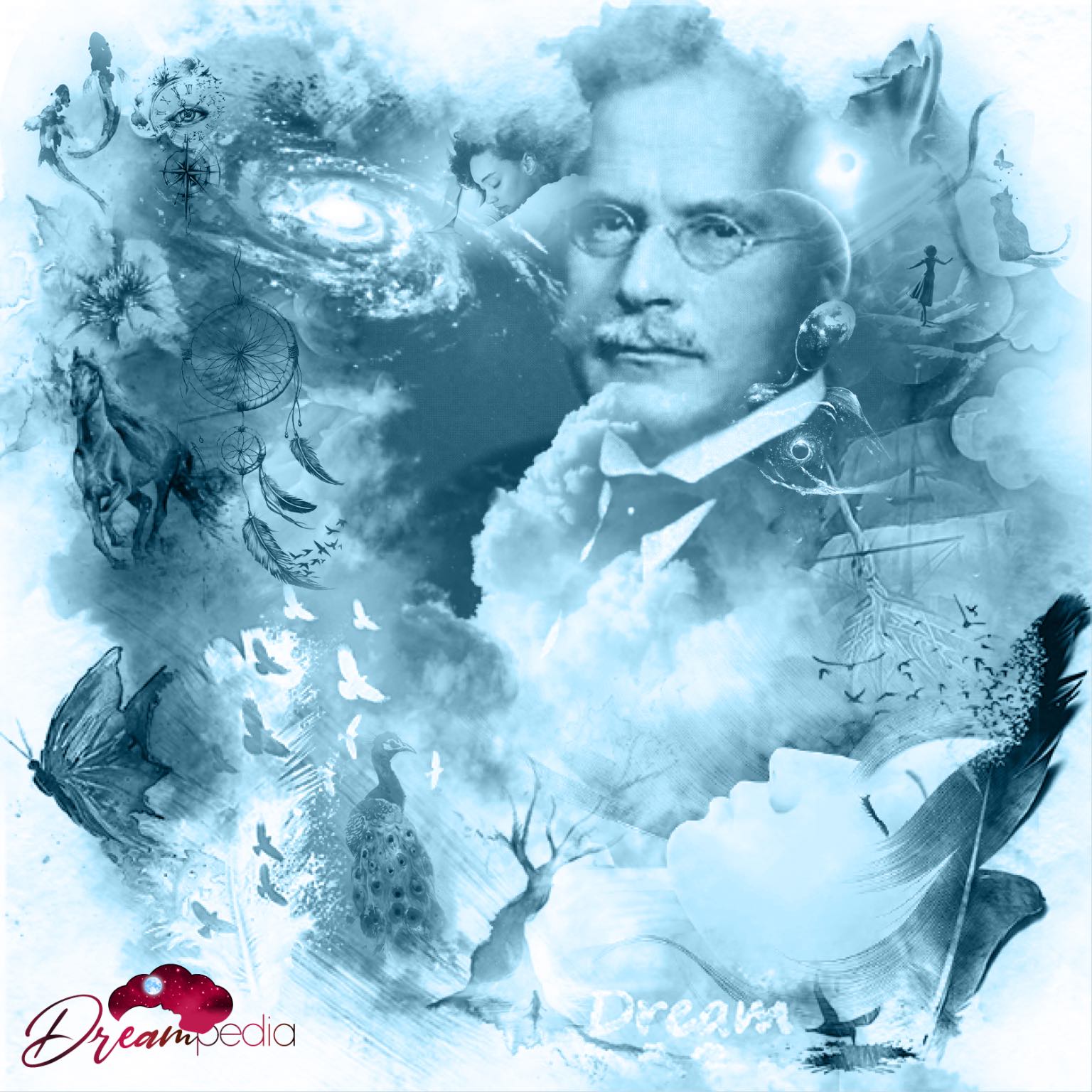Like Freud, Jung believed in the existence of the unconscious. However, he didn’t see the unconscious as animalistic, instinctual, and sexual; he saw it as
more spiritual. Dreams were a way of communicating and acquainting ourselves with the unconscious. Dreams were not attempts to conceal our true feelings from the waking mind, but rather they were a window to our unconscious. They served to guide the waking self to achieve
wholeness. Dreams offered a solution to a problem we are facing in our waking life.
Jung viewed the ego as one’s sense of self and how we portray ourselves to the world. Part of Jung’s theory was that all things can be viewed as paired opposites (i.e. good/evil, male/female, or love/hate). And thus working in opposition to the ego, is the “counter-ego” or what he referred to as the shadow. The shadow represents rejected aspects of yourself that you do not wish to acknowledge. It is considered an aspect of yourself which is somewhat more primitive, uncultured, and awkward.”
He said, “Dreams are the main source of all of our knowledge about symbolism.” This means that the messages you receive from your dreams are expressed symbolically and must be interpreted to find their true meanings.
Jung says that rarely do the symbols in dreams have just one meaning. And when interpreting the messages in your dreams, he suggests going with your first hunch, relying on your intuitive abilities, before applying morerational methods of dream interpretation.
Perhaps one of the most fascinating dream theorists might be Edgar Cayce. Today, we would call him a psychic. When he was alive, he was a fascinating individual who, it appeared, could speak with the dead, make predictions about the future, and provide insight into areas where the normal person couldn’t go. [1]
